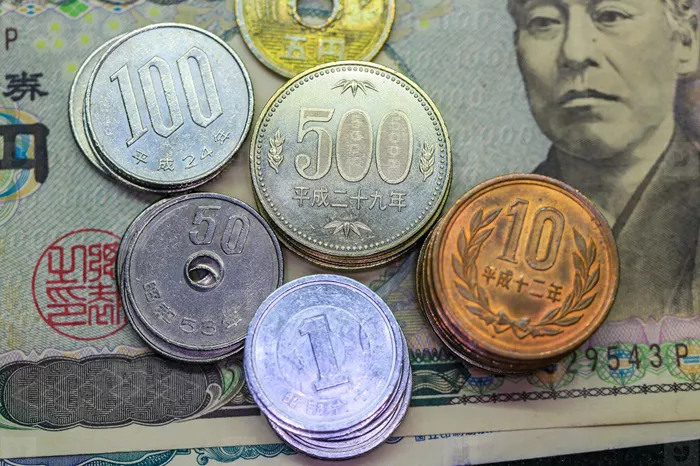Nomura Holdings Inc.’s senior executive Christopher Willcox has defended the Bank of Japan’s recent decision to raise interest rates, asserting that the central bank’s actions were crucial and that delays would have exacerbated market disruptions. In a Bloomberg Television interview on Wednesday, Willcox, who heads trading and investment banking at Japan’s leading brokerage, emphasized that the BOJ’s move was justified and indicated that further unwinding of carry trades is still anticipated.
The BOJ’s policy tightening has faced considerable criticism, as it coincided with a significant drop in Japanese stock prices and contributed to broader global market volatility. The Topix Index experienced an unprecedented two-day decline before recovering slightly on Tuesday, driven by concerns over additional rate hikes and fluctuations in the yen. The index showed a modest gain on Wednesday morning.
Willcox highlighted that the carry trade, where investors borrow in low-interest-rate currencies and invest in higher-yielding assets, remains a significant factor in the current market dynamics. He noted that the BOJ’s recent rate hike triggered many traders to close their positions, but suggested that the carry trade’s unwinding process still has further to go.
JPMorgan Chase & Co.’s co-head of global FX strategy, Arindam Sandilya, estimated that the unwinding of carry trades is 50% to 60% complete. Willcox concurred, suggesting that the process may be slightly more advanced.
According to Willcox, the recent market volatility is more attributable to heightened recession risks in the US and anticipated aggressive measures from the US Federal Reserve, rather than the BOJ’s policies or fluctuations in the dollar-yen exchange rate. He expressed optimism that the US will avoid a recession.
BOJ Governor Kazuo Ueda has been gradually phasing out years of extensive monetary stimulus as Japan transitions out of a long period of deflation. Leading up to last week’s decision, there had been political pressure on the BOJ to normalize policy in response to a weakening yen impacting household spending.
Willcox noted the pressure the BOJ faced due to the dollar-yen exchange rate but commended the central bank’s approach in addressing Japan’s deflationary challenges.
On Wednesday morning in Tokyo, the yen was trading at 144.75 per dollar, marking an approximately 11% gain since late June due to expectations of a narrowing interest rate gap between Japan and the US. Willcox forecasted that the yen could trade around 148 against the dollar by the end of the year and possibly reach 140 next year.
The Topix Index saw a 0.9% increase on Wednesday, while Nomura’s stock remained relatively stable after experiencing a 19% drop on Monday—the steepest decline in at least 50 years—before recovering by 11% on Tuesday as the index rebounded.
A prolonged downturn in the stock market could negatively impact Japanese brokerages, which have benefitted from a surge in local equity investments. Nomura’s net income exceeded analysts’ expectations last quarter, driven by gains in wealth management and trading.
Willcox acknowledged that while recent results were promising, there is still room for improvement. His division, which encompasses global trading and investment banking, has been focusing on cost control and strategic investment. The wholesale business reported a pretax profit of 21.1 billion yen, a tenfold increase from the previous year, but remains short of its full-year target of 130 billion yen.
“We are not fully satisfied with our results,” Willcox stated. “We are carefully managing our expenses while also aggressively investing in our business and risk management capabilities.”


